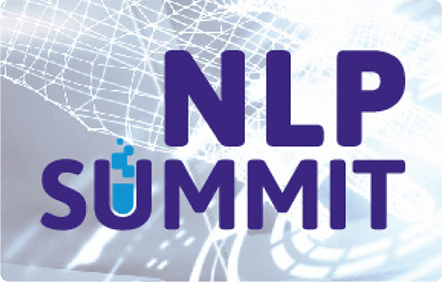Data philanthropy helps in actualizing most of the goals sought by traditional corporate social philanthropy. It enables companies to give back, thereby creating a meaningful impact. It also portrays the core competencies of businesses while preserving (or expanding) value for shareholders.
Although the use of big data in social enterprise is vague, it’s, however, an area of great opportunity that should be tapped into. Questions that need to be answered in order to understand the relationship between big data and social impact arenas include
-
Are data collated in social impact areas enough to be considered as big data?
-
Can the data be easily accessed?
-
Are the data usable?
The business community has displayed its ability to use big data in a big way. For instance, Netflix streams user data so that their algorithms can provide the best experience possible for customers. According to the company, House of Cards’ premise was greatly shaped by behavior data and analytics collected by the company.
Unlike the technical and corporate arenas, the social arena still lags behind in experiencing meaningful success with the use of big data. This can be due to the large discrepancy that exists between the existence, accessibility as well as usability of data-driven information and the role it plays in alleviating social problem plaguing the global society.
Unlike traffic or weather data, data related to critical human and social problems are difficult to use because social problems are more complex and dynamic than technical problems. Social problems involve multiple feedback loops, interconnections as well as diverse stakeholder groups.
Also, data is not democratized and cooperation is limited for the governmental agencies and non-profits that want to alleviate these problems. Informational technology resources needed to tackle social problems are not readily available unlike businesses having established IT systems that capture financial, product and customer information.
When considered from the context of social problems, we can conclude that big data does not exist. Big data is unstructured and limited to numbers in the area of social problems. Very few additional sources are also used. The current challenge is finding ways to integrate different datasets and giving room for the introduction of newer sources of data into the fold. This could imply opening up public data sources and integrating them with other sources such as transportation data, economic indicators, education stats, census data and public services. This will go a long way in reaching a big data state in the social enterprise arena
Since companies can be hurt by giving away information, they need to question the effect that data sharing will have on the donor and the grantee.
It should be noted that the virtues of charity and selflessness as well as business acumen are the frames for corporate philanthropy. Data is a powerful source of competitive advantage in today’s business environment. Data sharing can be beneficial to firms and also aid social and civic groups. Thus, whenever your company considers means of enhancing its social impact, then you need to consider making data accessible.
Big data empowers philanthropy by enabling better decision-making through tools like Generative AI in Healthcare and Healthcare Chatbot, which enhance outreach and support. Exploring these technologies can significantly increase social impact.





























